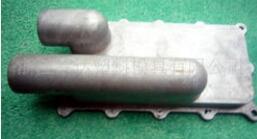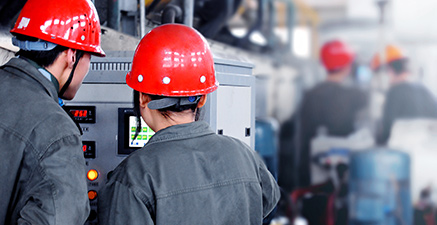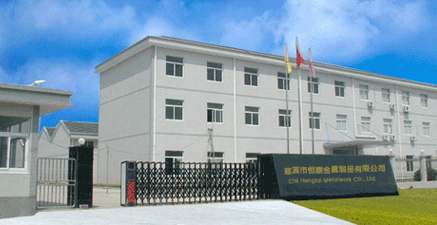Can aluminum die cast parts be heat treated?
 Netizen asked: Can aluminum die cast parts be heat treated?
Netizen asked: Can aluminum die cast parts be heat treated?
Hengtai Metal:
Aluminum alloy castings can be heat treated, the heat treatment process can be divided into the following four categories: 1. The heat treatment process of aluminum alloy castings can be divided into the following four categories:
1. Aging treatment: The casting after solution treatment is heated to a certain temperature, held for a certain time, and slowly cooled to room temperature in the air. If the aging strengthening is carried out at room temperature, it is called natural aging, and if the aging strengthening is carried out above room temperature and after a period of time, it is called artificial aging. The spontaneous decomposition of supersaturated solid solution is carried out in the time-effect treatment, so that the lattice of the alloy matrix can be restored to a relatively stable state.
2. Annealing treatment: the aluminum alloy castings are heated to a higher temperature, generally about 300 ° C, and after a certain time, the process of cooling to room temperature with the furnace is called annealing. During the annealing process, the solid solution decomposes and the second phase particles gather, which can eliminate the internal stress of the casting, stabilize the casting size, reduce deformation and increase the plasticity of the casting.
3. Hot and cold cycle treatment: the castings treated by hot and cold cycle, due to multiple heating and cooling caused by the solid solution lattice contraction and expansion, so that the lattice of each phase has a little displacement, so that the second phase particle is in a more stable state, thereby improving the stability of the casting size, suitable for the manufacture of precision parts.
Aluminum alloy has no tendency to brittle fracture at low temperature, with the decrease of temperature, mechanical properties have some changes, strength has been improved, but the plasticity is reduced very little, so sometimes in order to reduce or eliminate the internal stress of the casting, casting or quenching can be cast. Cooling to -50 ° C, -70 ° C or lower temperature, maintained for 2-3h, and then heated to room temperature in air or hot water, or followed by artificial aging, this process is called cold treatment.
4. Solution treatment: the casting is heated to the highest possible temperature, close to the melting point of the eutectic, maintained at the temperature for a long enough time, and then quickly cooled, so that the maximum dissolution of the strengthened component, this high temperature state is fixed to room temperature, the process is called solution treatment. Solid solution treatment can improve the strength and plasticity of castings and the corrosion resistance of alloys.


